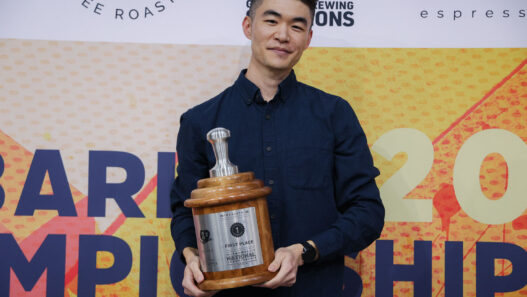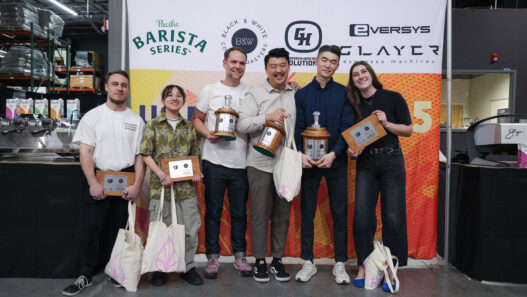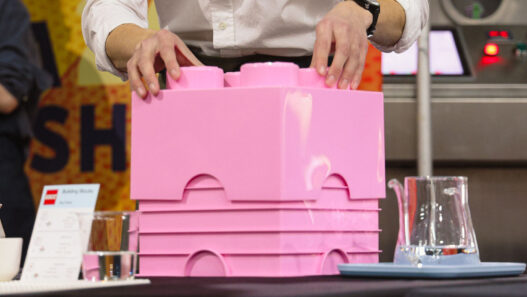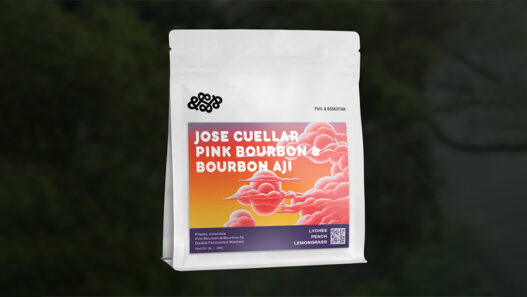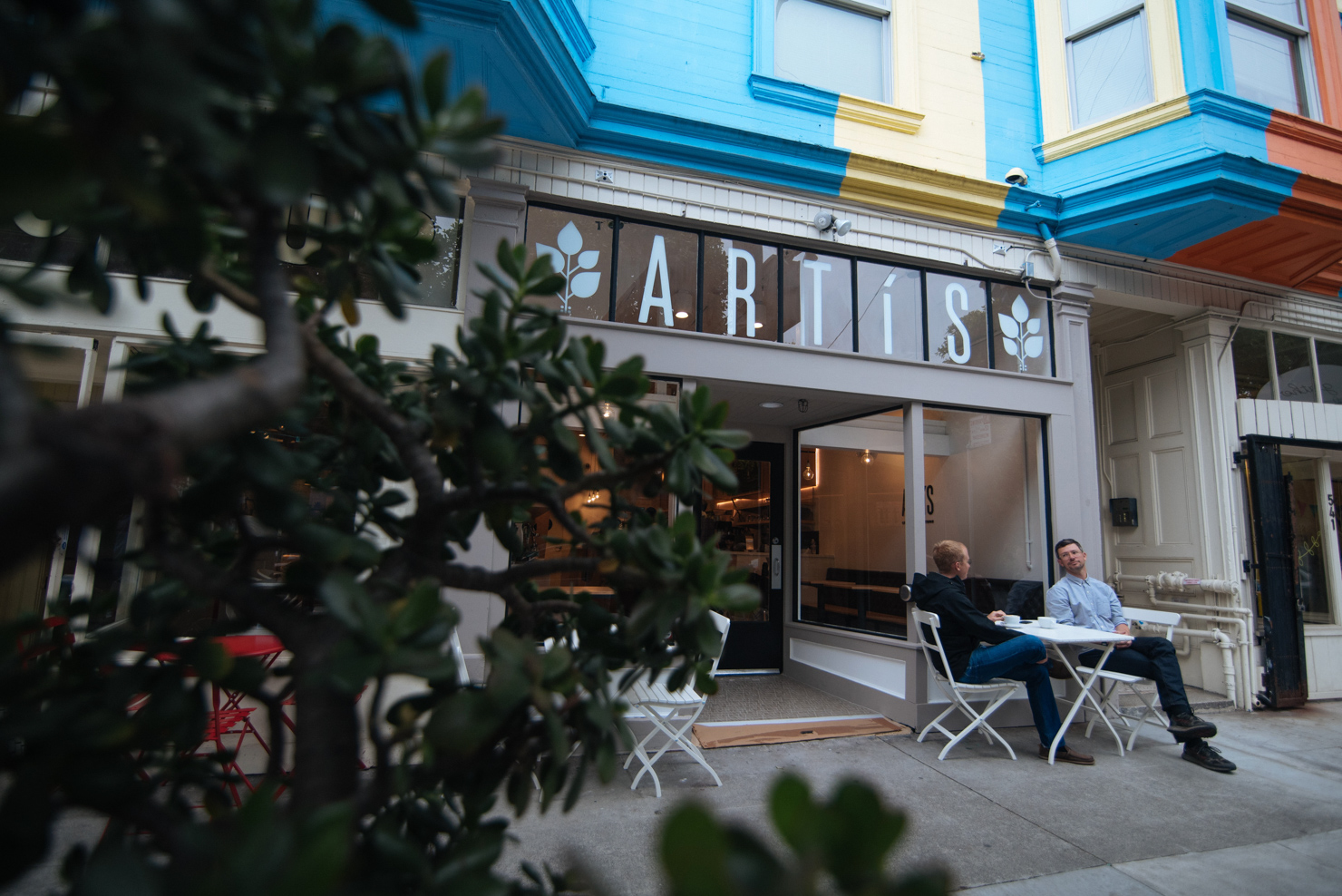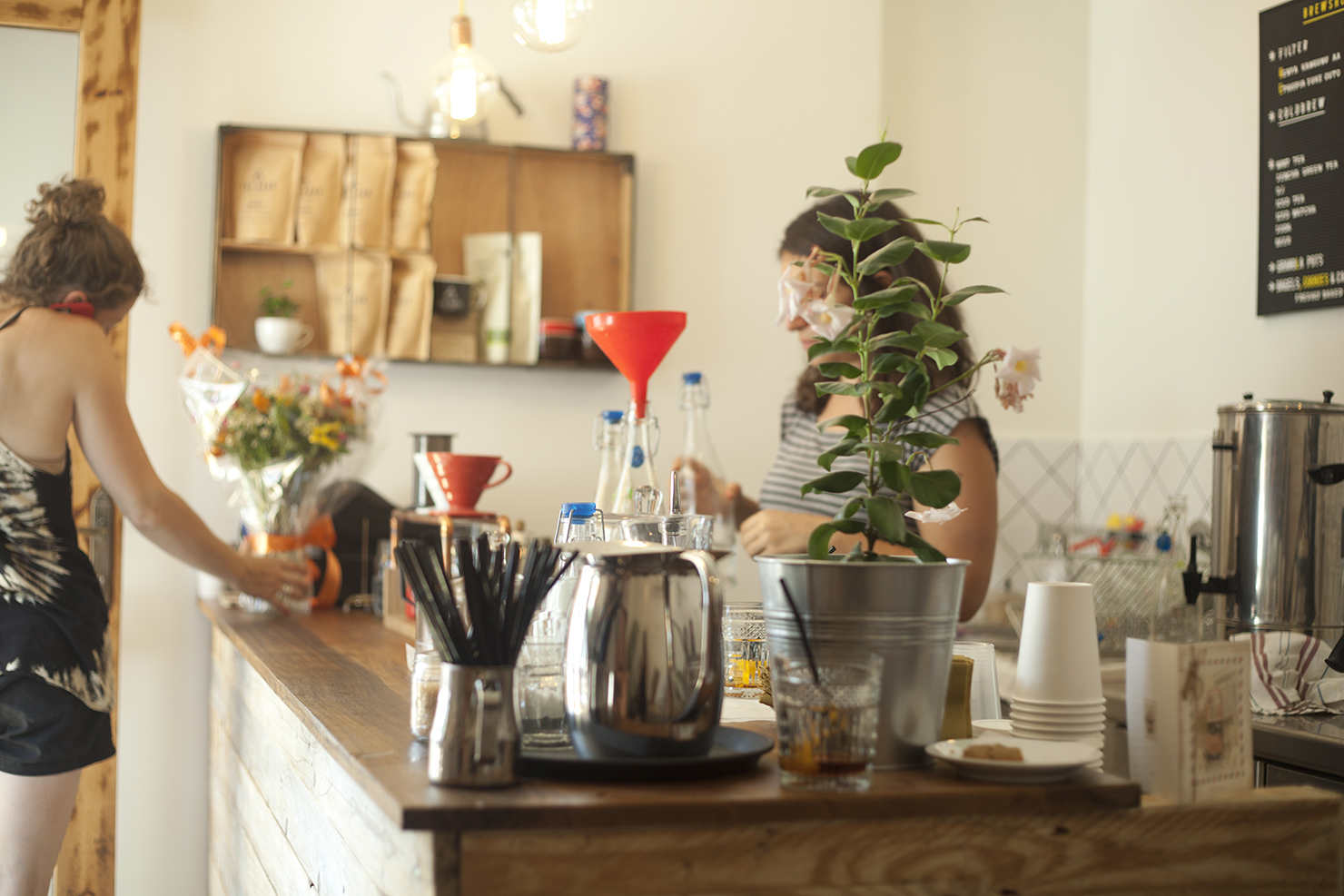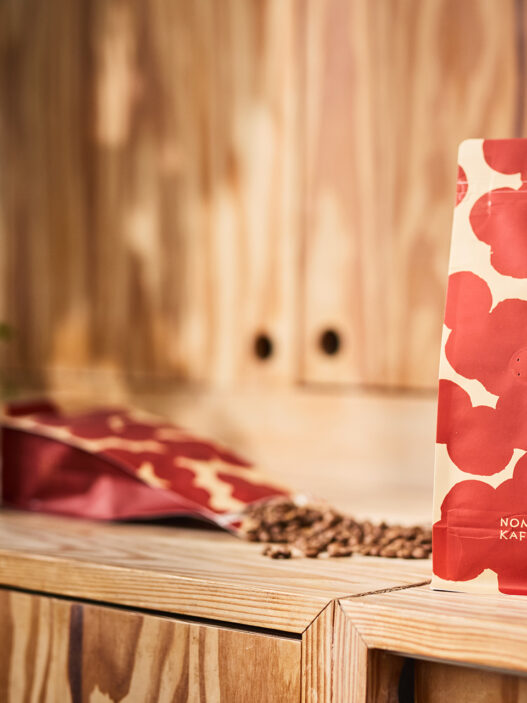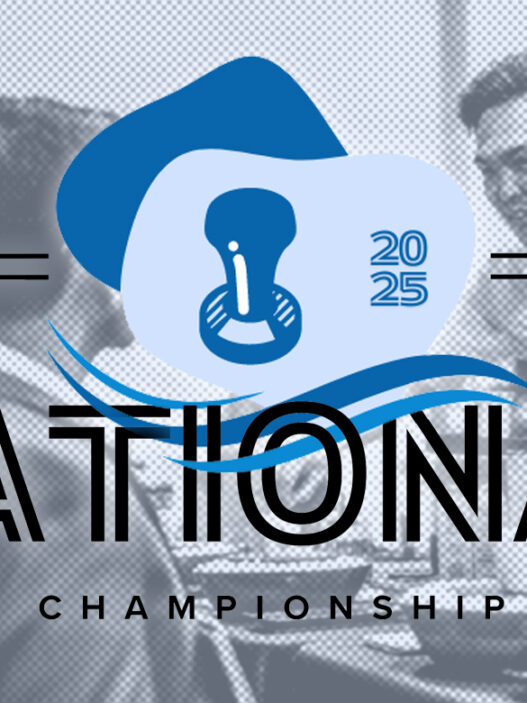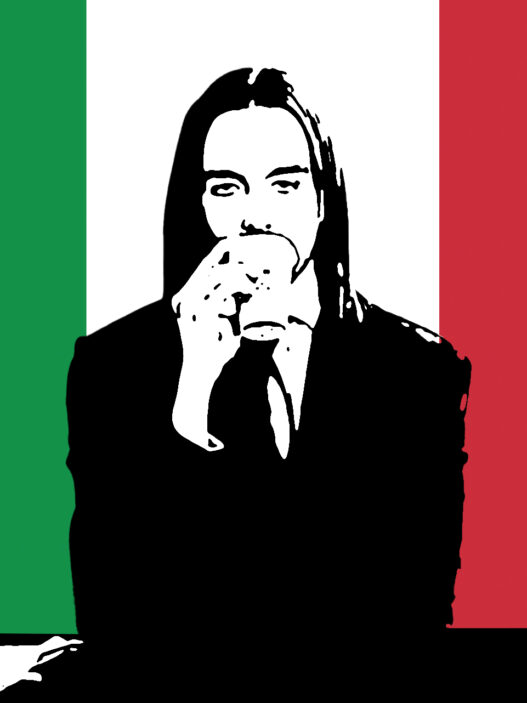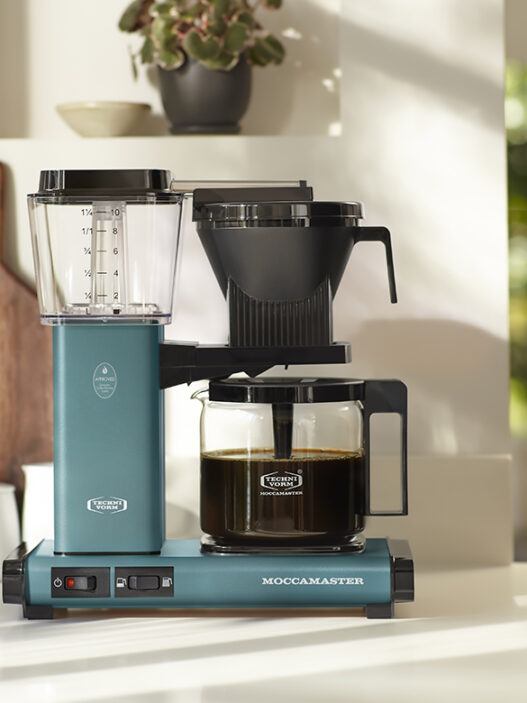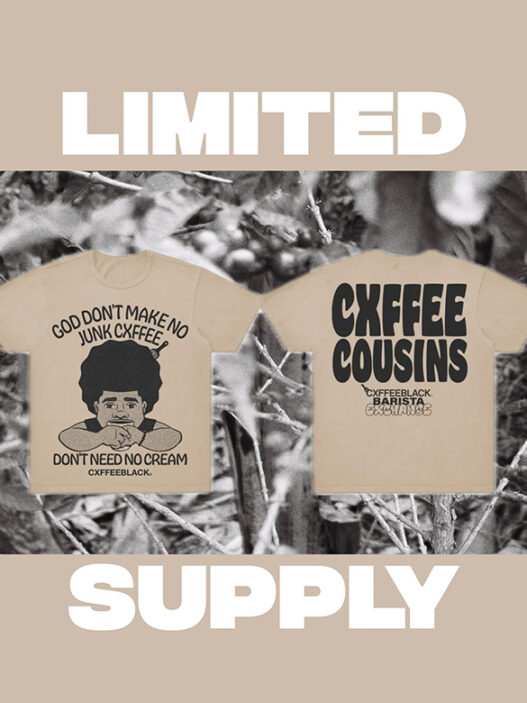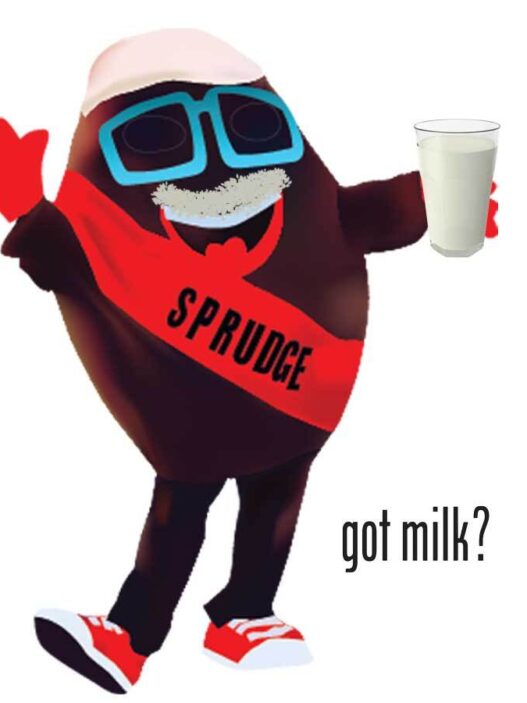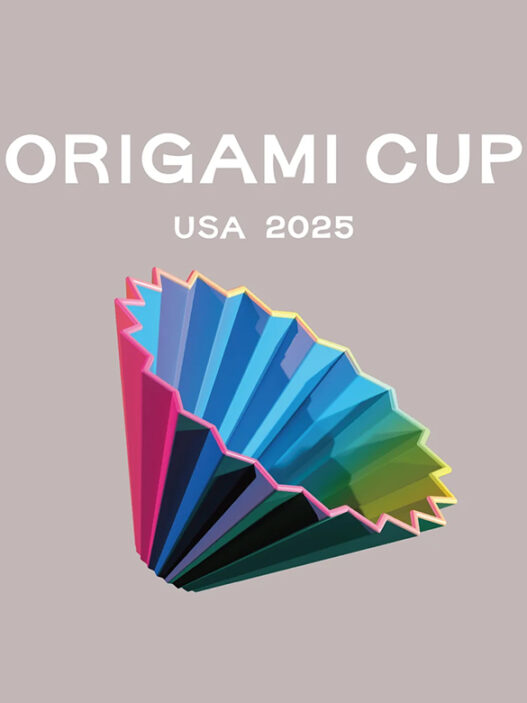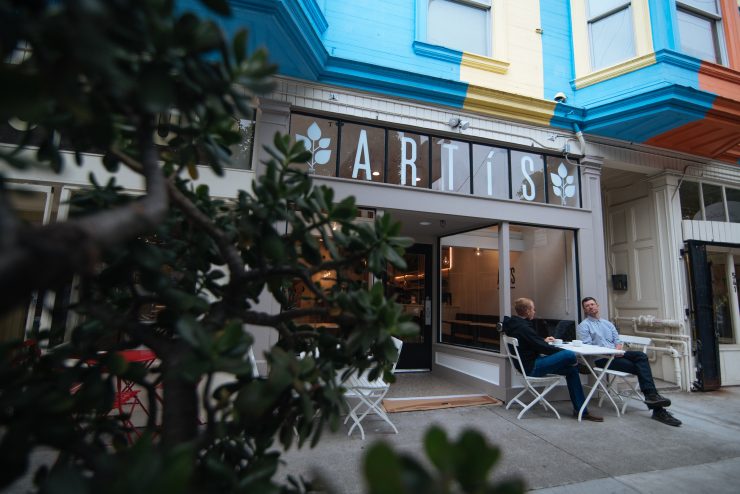
If you’ve ever been a customer in a specialty high-end coffee bar, it can feel like every bean, every drop of milk, every bubble of foam in fact, seems to be almost subconsciously appreciated and understood. As patrons of these establishments, we’ve long entered their doors in part because of that clubhouse feel, the excitement conferred by a special understanding only shared by, well, those who understand. And though the growth of coffee—and not insignificantly, customer service—has brought with it open arms, cash registers, and a newer, broader base of customers, that air of inclusion often still stands. At most spots, it still seems that in order to drink their coffee, you must go beyond just enjoying it—you must get it.
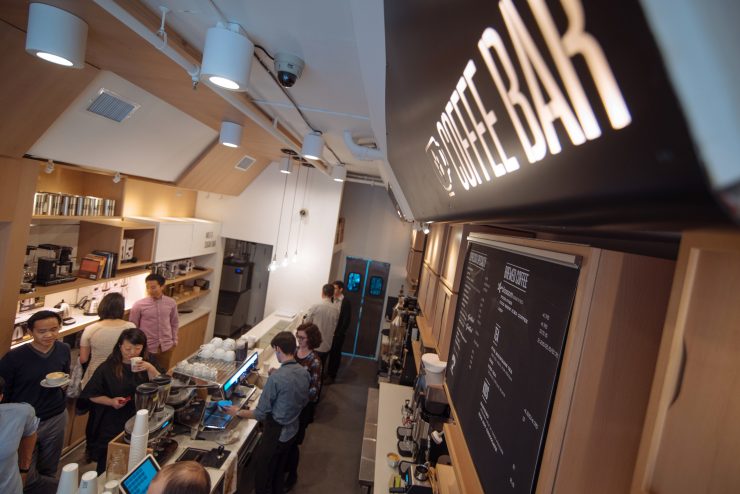
At Artís Coffee, whose burgeoning empire has just expanded from Berkeley to Hayes Valley, a different kind of philosophy is at play. It isn’t that the folks behind Artís, founder Alex Lowe and newly hired Director of Coffee Arno Holschuh, don’t believe that their coffee compares with the very best of the Bay Area coffee scene—they do. But they also believe in a whole spectrum of customers out there looking for a more approachable coffee shop. Customers who want the joys of high-end coffee—beans, equipment, etc.—without specialty coffee’s occasional tendency towards off-putting preciousness. With Artís’ new space in Hayes Valley and new shops on the docket in The Castro, on Fillmore Street, and even in Bangkok, we sat down with Lowe and Holschuh to discuss their approach towards customer service, “holistically” training their baristas, and the future of Artís.
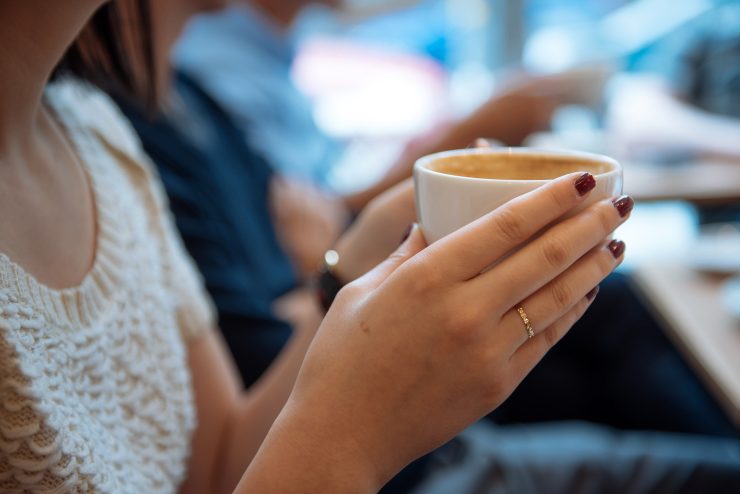
Sprudge: Tell us a little bit about the expansion to Hayes Valley.
Alex Lowe: Well, we knew [Hayes Valley] was becoming one of the hottest neighborhoods in the country. An area that was trend-setting. We liked the tenant mix in the neighborhood and just thought our brand would resonate with the customer base.
There’s already a Blue Bottle and a Ritual in the neighborhood. What do you guys bring to the table that’s different?
Arno Holschuh: We depart from a lot of Third Wave coffee. We provide a premium product and a premium experience in an approachable way. We’re not off-putting, we’re engaging. The fluid-bed roasters let people see the roast product; it brings the customers one step further back. We don’t want to be the type of connoisseurs who are mysterious. We want transparency and the opportunity for customers to understand the process.
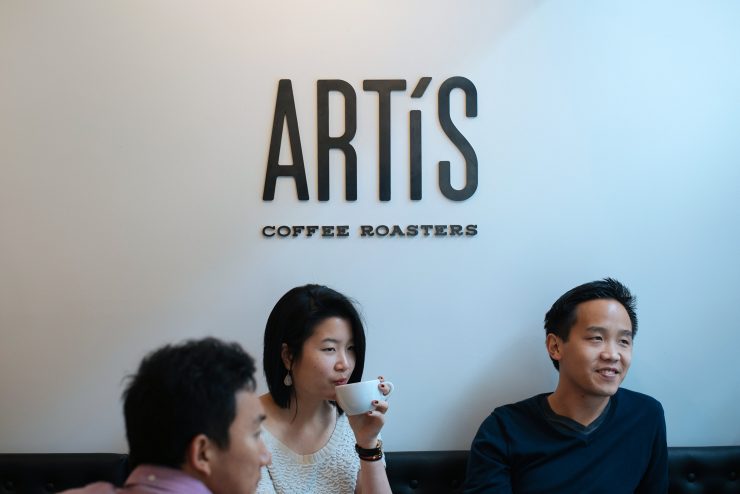
How do you view the coffee you roast and serve here?
AH: I want the most delicious coffee. Our only differentiator is that though I want the most delicious coffee, I don’t need the most interesting coffee. I don’t need to break any new aesthetics in coffee, I just want people to be amazed and delighted. There’s always a relationship with your customers to push them, but not break them. We offer coffee for people coming from a different context. It’s coffee for discerning people, but for people who want a bigger bodied, more chocolate-based flavor profile.
AL: We want people to come out of La Boulange and be comfortable coming into Artís. We want people to learn something, but still be offered flavor profiles that they’re used to. We want to push them slightly, but not the very ends of the spectrum.
AH: We’re not going to yell at you if you want your coffee to be more like coffee than tea. If you like coffee that’s been developed a bit more, we don’t see that as a moral issue. If you look at a lot of the coffee shops in San Francisco, they’ve decided their roasting targets and they’re nailing them. You don’t have that advantage anymore, so you’re going to have to find it in the way you communicate and how you work with your customers.
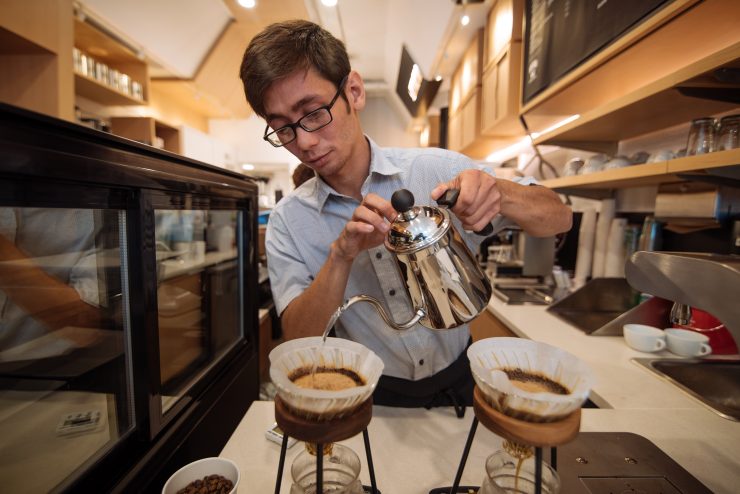
How do you train your baristas for this kind of customer service?
AH: Well, our baristas are also roasters. They have to have an intimate knowledge of the machines. This isn’t a job for people who just want to sling lattes, but for people who want to holistically know how coffee works. We’re making the best baristas in the world here, because our baristas are involved in the entire process.
AL: We do a comprehensive staff training. They learn about coffee, they learn how to talk about coffee, and they learn how to roast coffee. We want baristas who can pour a perfect shot, roast a pound of coffee, and sell a $2,000 Rocket Cellini.
You’re opening a handful of new stores in San Francisco and, well, the world. Tell us about that.
AL: There is no better place in the world to build a coffee brand than San Francisco. That’s why we’re here. What we’re doing here hasn’t been done before—retail/roasting/coffee shop—and getting those components together has been super challenging. We’re trying to strike balance between not reinventing the wheel every time and not creating cookie-cutter stores. We want to blend in with the communities we open up with, but we also want a recognizable customer experience every time. We’re okay with that.
Noah Sanders (@sandersnoah) is a Sprudge.com staff writer based in San Francisco, and a contributor to SF Weekly, Side One Track One, and The Bold Italic. Read more Noah Sanders on Sprudge.






